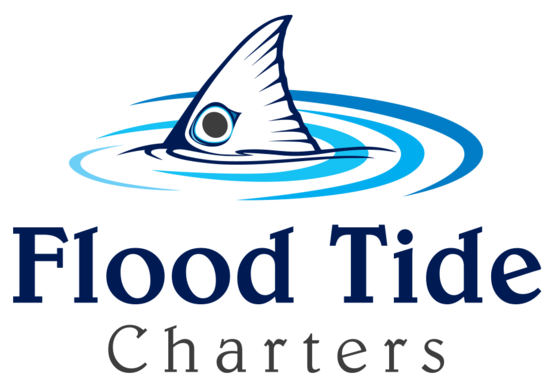Avoid Sea Sickness
April 6, 2017
April 6, 2017
Here’s a phrase that most charter fishing boat captains hears nearly every day:
“Don’t worry, I don’t get seasick.”
You may have plenty of experience on the water, canoeing down rivers or speeding across lakes, and you’ve handled that motion without any difficulty. That does not mean, however, that your body will just as easily adapt to the larger, often more subtle waves that you’ll encounter on the ocean—or even inshore fishing near such a large body of water, like you’ll find here in Charleston, South Carolina. There are many different variables in play—from the size of the boat to the pitch of the sea—that can mess up your equilibrium and leave you wishing you had stayed in bed.
Once seasickness kicks in, there’s little you can do other than to let it run its course (and get back to dry land). There are some precautions you can—and should—take to ensure that your charter fishing excursion doesn’t leave you queasy.
Take anti-motion sickness medication. This is the first and most obvious. Dramamine and the like is available over the counter just about everywhere. There’s a reason it’s so popular. You don’t need to feel self-conscious taking it. Be mindful of the side effects, however, which may include drowsiness. It’s a good idea to ask your doctor, too, if you have a heart condition.
Get a good night’s rest. Remember seasickness is a physical reaction to your sense of perception. Anything that alters that—including a recent illness, or a night of bad sleep—will increase your risk of succumbing to motion sickness.
Have a bland breakfast. The morning before you head to the high seas is not a good time to experiment with a spicy breakfast burrito or new kind of sausage. Trust us on this one. Keep it light: bread, cereal, fruit, granola bars or yogurt are all good choices.
Avoid small, cramped spaces. Seasickness is caused by movement that affects your sense of balance, which is perceived in the inner ear and your eyes. Smaller spaces make it more difficult for your inner ear to adjust to what’s going on because it’s more difficult to find a solid reference point to steady yourself.
Get out in the fresh air. Take slow, deep breaths. Motion sickness is also, in part, a panic reflex, and maintaining a sense of calm will help reduce your chances of succumbing to it. If you can see the land, focus on a solid reference point to maintain your equilibrium.
Avoid gas fumes. Let’s face it: even in the best of circumstances, boat engines are not exactly the cleanest-running machines on the planet. Many give off noxious diesel fumes and, if you’re not paying attention, a gust of wind can send them swirling in your direction.
Stay near the middle of the boat. If you’re worried about becoming queasy, you want to avoid the bow or the stern—the ends of the boat are more likely to rise and fall more severely with the pitch of the water. The motion will be less intense in the center of the vessel, and you’ll be able to maintain your balance better, too.
Get a good
night’s rest. Remember seasickness is a physical reaction to your sense of
perception. Anything that alters that—including a recent illness, or a night of
bad sleep—will increase your risk of succumbing to motion sickness.
Don’t drink too much. This may go without saying, but hangovers are difficult enough to deal with, without tossing in a churning sea. Take it easy the night before your charter, and your charter fishing trip will be easier on you, all around.

April 2, 2017
Fishing is one of those sports that looks a lot easier than it is. Theres obviously a lot more to it than grabbing a pole and a hook and plunking it in the water, waiting for a majestic fish to swallow... More